Milk thistle (Silybum marianum) is a flowering herb related to the daisy and ragweed family. It is native to Mediterranean countries and has been used for centuries for its medicinal properties, particularly for liver health.
Uses
- Liver Health: Milk thistle is most commonly used to support liver function and treat liver conditions such as cirrhosis, jaundice, hepatitis, and gallbladder disorders.
- Detoxification: It helps detoxify the liver, promoting the removal of toxins from the body.
- Antioxidant Properties: Milk thistle has powerful antioxidant properties that help protect cells from damage by free radicals.
- Supports Kidney Health: It may help protect kidney function and promote overall kidney health.
- Anti-Inflammatory: It has anti-inflammatory effects that can help reduce inflammation in the body.
- Supports Skin Health: Milk thistle may help improve skin conditions such as acne and eczema.
- Diabetes Management: It may help manage blood sugar levels and improve insulin resistance.
- Cholesterol Management: Milk thistle may help lower LDL cholesterol levels, promoting heart health.
Active Components
- Silymarin: The primary active compound in milk thistle, silymarin is a group of flavonoids known for their antioxidant, anti-inflammatory, and liver-protecting properties.
- Silibinin: The most potent component of silymarin, responsible for many of the herb’s medicinal benefits.
- Flavonoids: These compounds have antioxidant properties that help protect cells from damage.
How to Use
- Forms: Milk thistle is available in various forms, including capsules, tablets, extracts, tinctures, and teas.
- Dosage: The recommended dosage varies depending on the form and specific product. Commonly, 200-400 mg of silymarin is taken daily, divided into two or three doses.
- Timing: It can be taken with or without food, depending on personal preference and product instructions.
Precautions
- Consultation: It is advisable to consult with a healthcare provider before starting milk thistle, especially if you are pregnant, breastfeeding, or have underlying health conditions.
- Allergic Reactions: Individuals allergic to plants in the same family (e.g., ragweed, daisies, marigolds, and chrysanthemums) may experience allergic reactions.
- Interactions: Milk thistle may interact with certain medications, such as blood thinners, cholesterol-lowering drugs, and medications metabolized by the liver. Discuss with a healthcare provider if you are taking any of these medications.
- Side Effects: Milk thistle is generally well-tolerated, but some people may experience mild side effects such as digestive upset, diarrhea, nausea, or bloating.
Conclusion
Milk thistle is a versatile and potent herb with a wide range of health benefits, especially for liver health. Its powerful antioxidant and anti-inflammatory properties make it a valuable addition to a health regimen. When used appropriately and with proper guidance, milk thistle can support liver function, promote detoxification, and improve overall well-being.
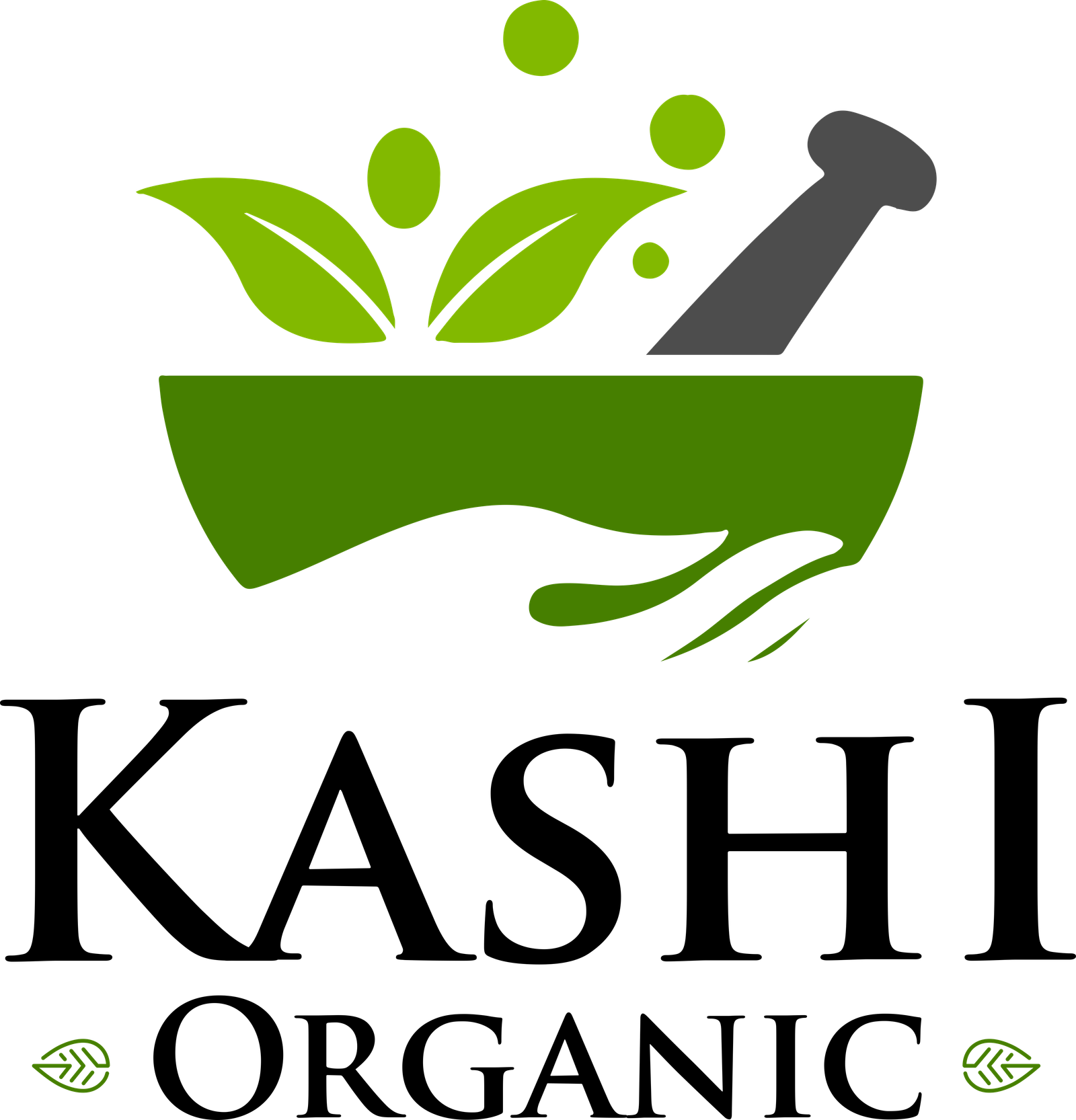
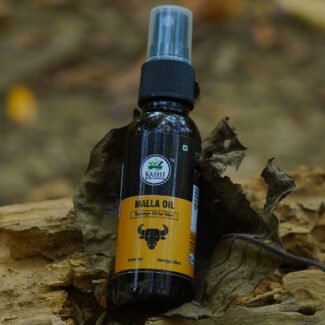
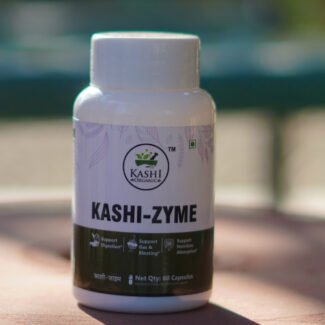









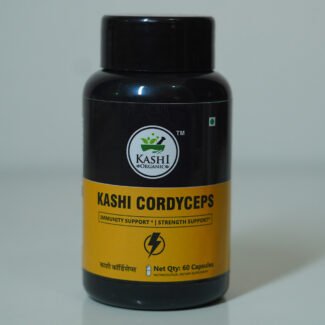

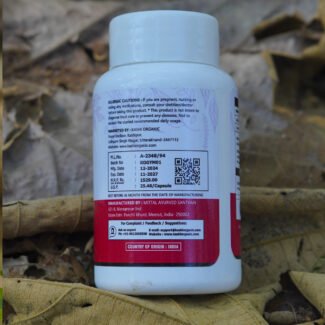
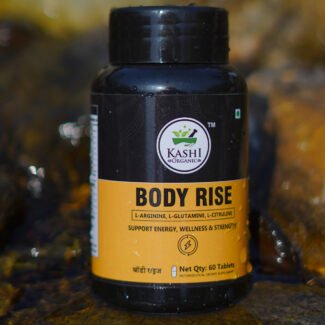
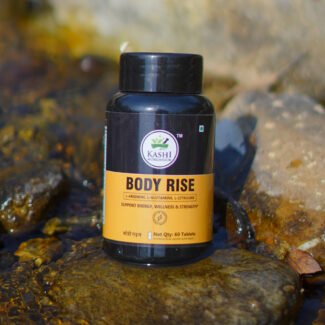


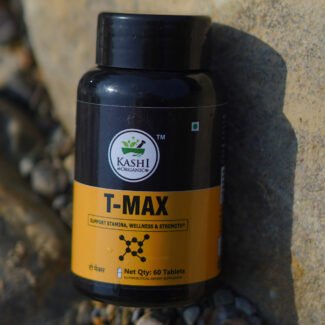
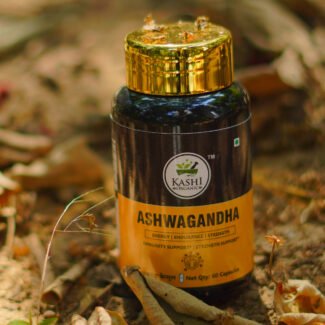

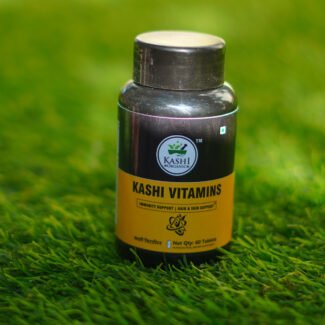

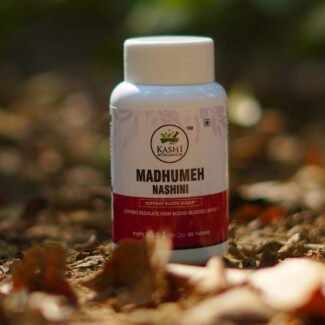

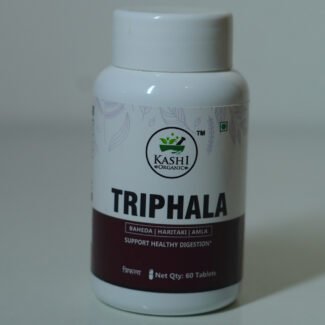
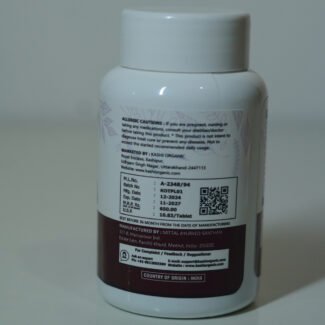
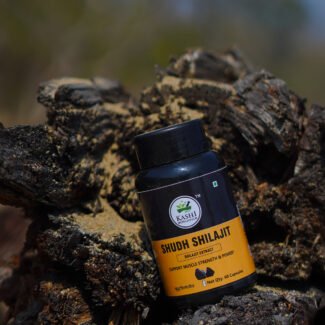

Reviews
There are no reviews yet.